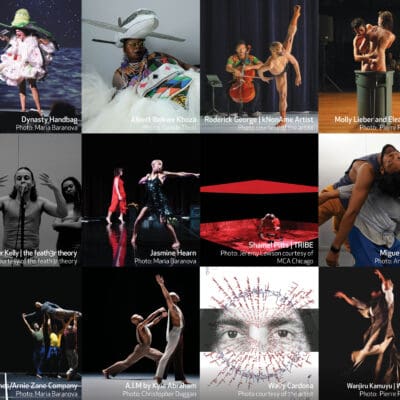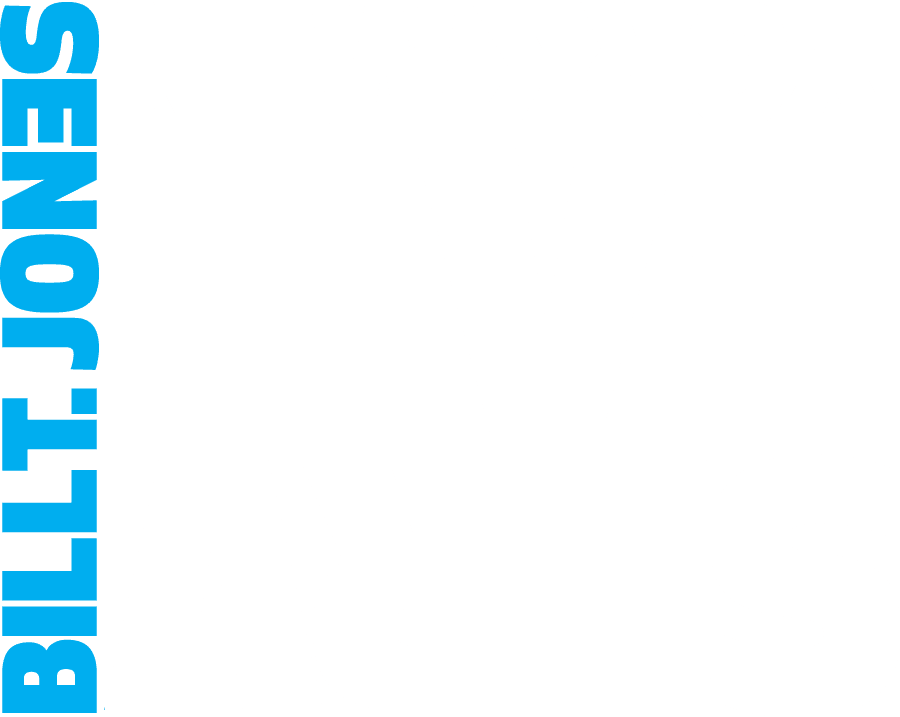Molly Lieber and Eleanor Smith
Zero Station
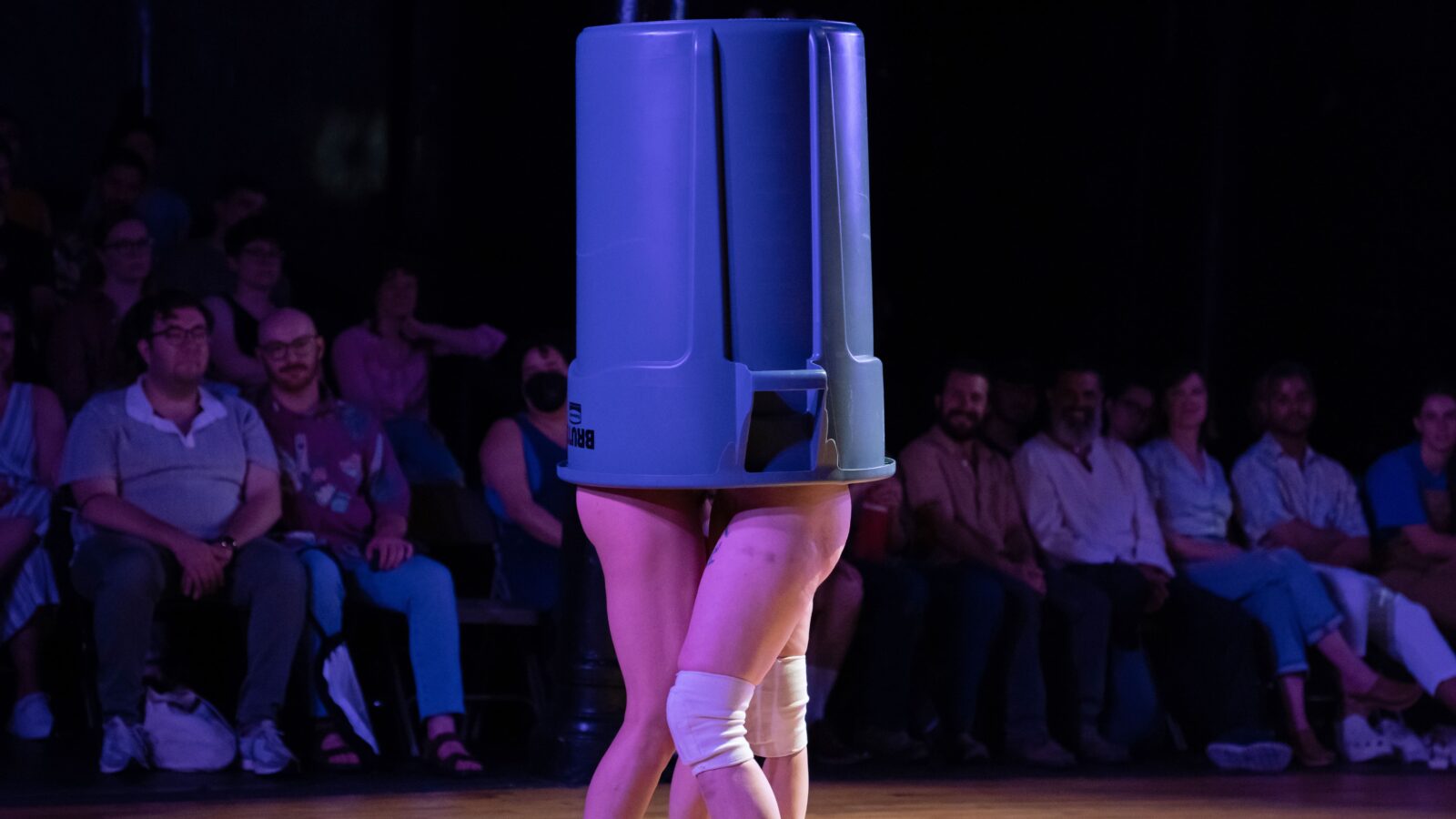
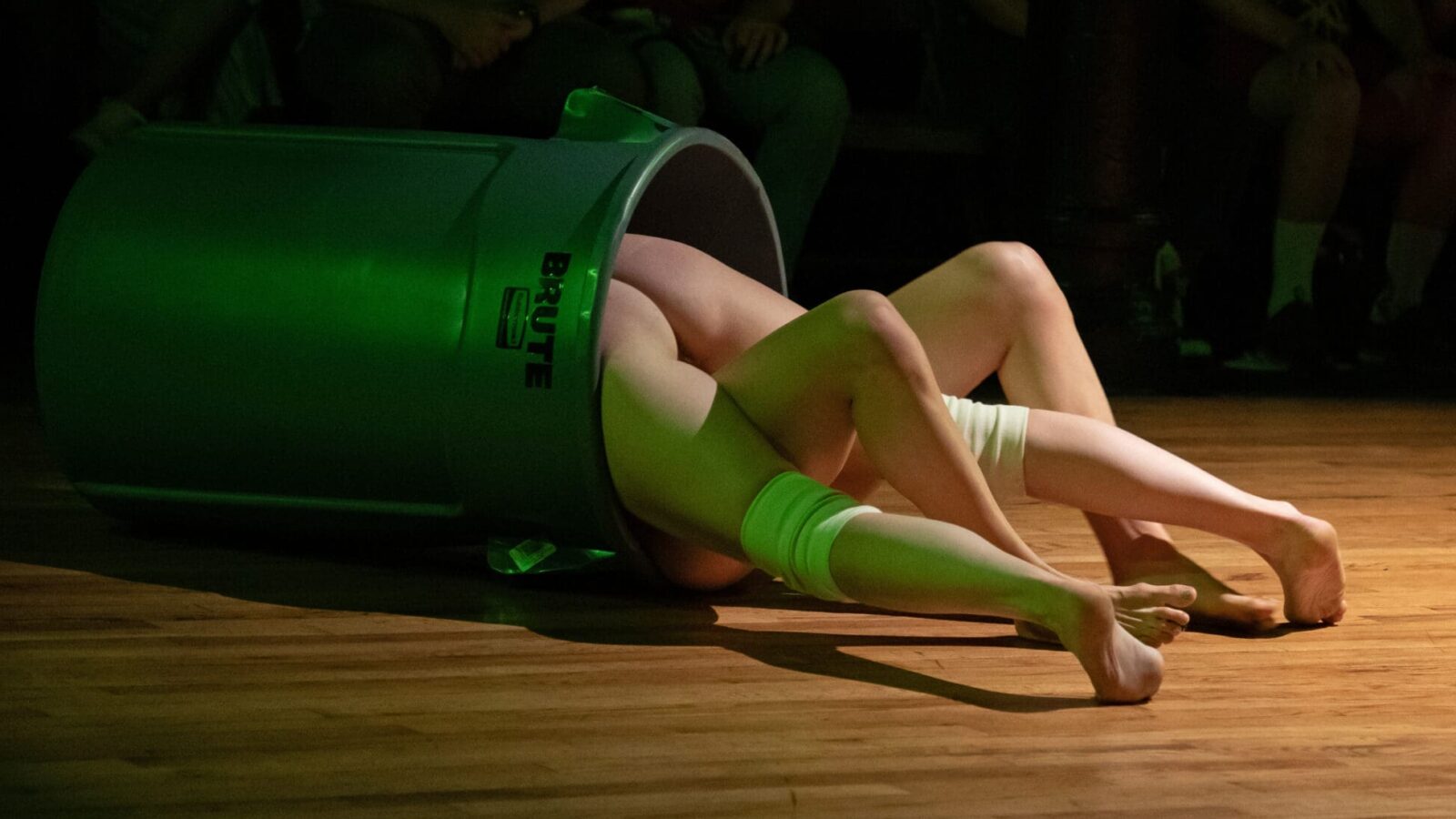
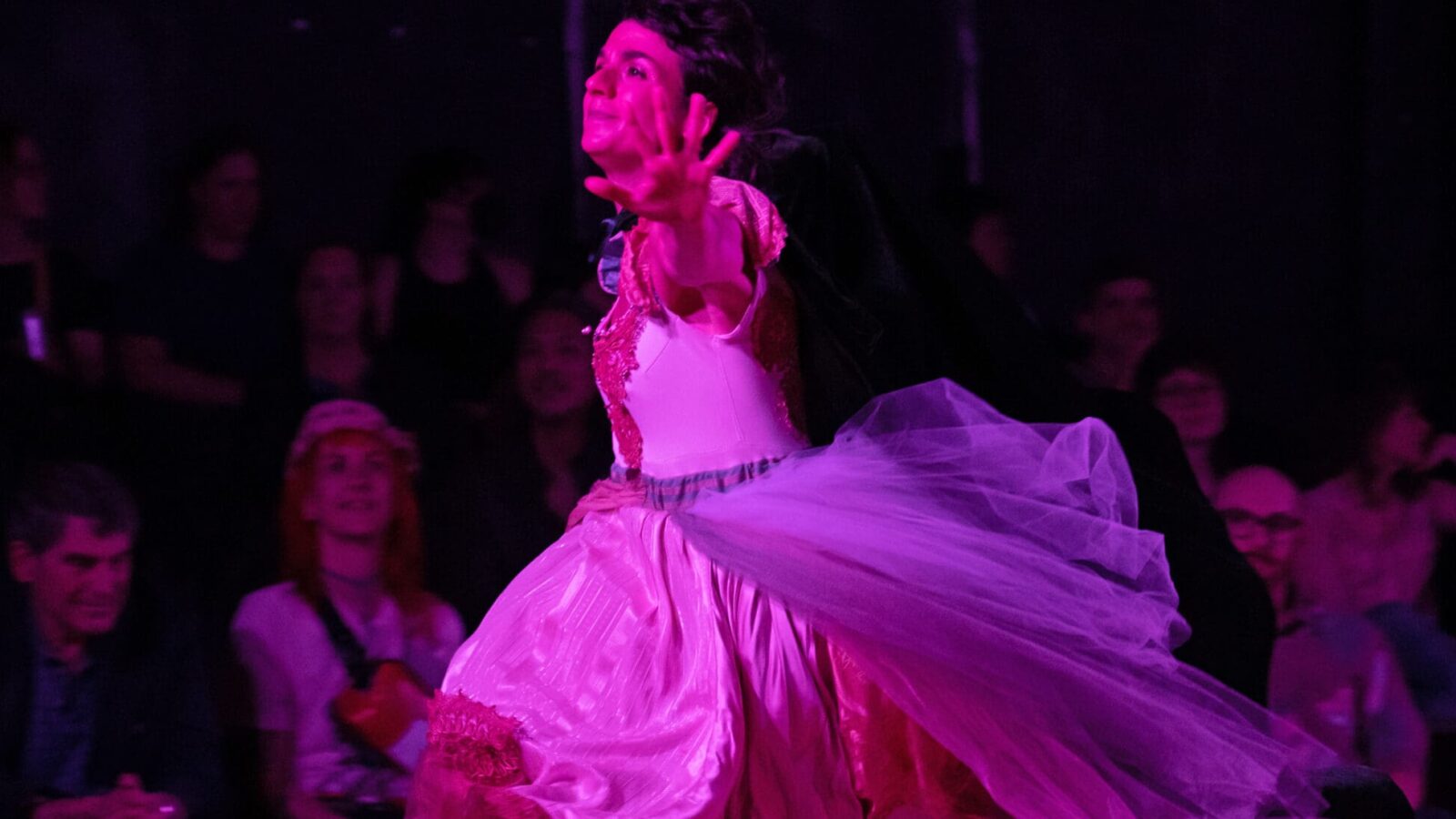


Zero Station is a bold exploration of how trauma impacts our lives. Molly Lieber and Eleanor Smith confront hypersexualization as the limp white feminine byproduct of capitalism, by presenting movements derived from pregnancy, lactation, mental illness, physical illness, surgery, and aging, and then segment, otherize, and disappear these forms in trash. Ultimately creating a space to examine and experience how trauma not only affects us but grants a fluid potential to think beyond ourselves by deepening our understanding of how we affect one another.
Sound Design: James Lo
Lighting Design: Thomas Dunn
A trash can is used sculpturally and metaphorically in Zero Station, to dehumanize and delegitimize our white assigned female at birth bodies, as well as to demonstrate the ecofeminist perspective of the white supremacist heteropatriarchy as garbage infiltration of Indigenous culture, and Indigenous land. The trash can that we roll around in and spill our legs from creates an immediate “set,” almost like a “where’s waldo?” of spectacle. It symbolically portrays us as the limp white feminine byproduct of American capitalist consumerism, our assigned role in this grossly unjust system. And yet the spectacle of the trash and our bodies pouring from it has the potential to dramatically change the public sphere, to call it into question, and denounce it. Zero Station takes on white femme tropes like “Carrie” by including fake blood, screaming, and hiding. A hand sewn princess dress calls out the stigmatization of disability indoctrinated through the propaganda of fairy tales. Drawing from the oeuvre of Irish musician Enya, songs from “Frozen” and the 1990s rock band Garbage, the sounds of Zero Station ironically allude to the drama and the fragility of the cis white woman. James Lo, sound collaborator since 2012, will distort the songs, furthering the tension between earnestness and irony. Lighting design saturated with color to costume the naked body and cloak the venue comes from longtime collaborator Thomas Dunn.
Text and movement in Zero Station speak an embodied language and move unvoiced feeling. “Zero Station” is the midwifery terminology for the moment the infant’s skull makes contact with the space beyond the birthing parent’s body. In an era post Roe vs. Wade, this work fights for reproductive justice and birth advocacy, deconstructing misrepresentation of marginalized bodies by exalting labor as effortful expression. Decentering compulsory ablebodiedness, Zero Station emphasizes revelatory states of transformation, transition, and change, including pregnancy, lactation, mental illness, physical illness, surgery, and aging. Aside from pregnancy, which is hypervisible, the rest of these non-static conditions can be invisibilized within this neoliberal heteropatriarchy that favors compulsory whiteness, compulsory cisness, compulsory heterosexuality, and compulsory ablebodiedness. Our collaboration aims to exalt and center these conditions of the body that are undervalued, or demeaned–to show the mobilizing and creative forces within them.
Our eight collaborations premiered in NYC where we are committed to building sustainability for artists and directly serving marginalized families through reproductive justice advocacy (lactation support). Practices of reciprocal recognition combat shame, reverse the subordinating impact of rape, and work in conjunction with comrade feminist scholars and artists to disarm neoliberal capitalism’s upholding of the race and gender binary system. We denounce the hypersexualization of the white ciswoman, whose objectification, and image, has become a heteropatriarchal stamp of oppression. Our works reclaim sexiness by deconstructing the prescribed images of femme, often placed on ourselves, which uphold neoliberal capitalist and heteropatriarchal principles. The isolated movements behind the images have new meaning when taken apart, taken out of the male gaze, and reconfigured from the feeling within them, based on the knowledge of embodying them.
Breaking down these images shows the insanity of their internal landscape, and the felt understanding of abjection. We employ privilege, as ablebodied white ciswomen in America, in tandem with our “damaged goods” identities, as raped women and sluts, to call out the hypocrisy within this hierarchy. Pinup perfection is toppled over with labia splayed; the arched spine in ecstasy inverts towards its own genitalia. Durational movements highlight power as transformation, not as static achievement. As objects of our own work, we position ourselves as recognizable images of female objectification, only to deconstruct and reconstitute these forms through embodied movement and connection. There is a sense of reclaiming the image; sometimes it speaks out through itself or moves in unexpected ways, and sometimes it is deconstructed altogether.


